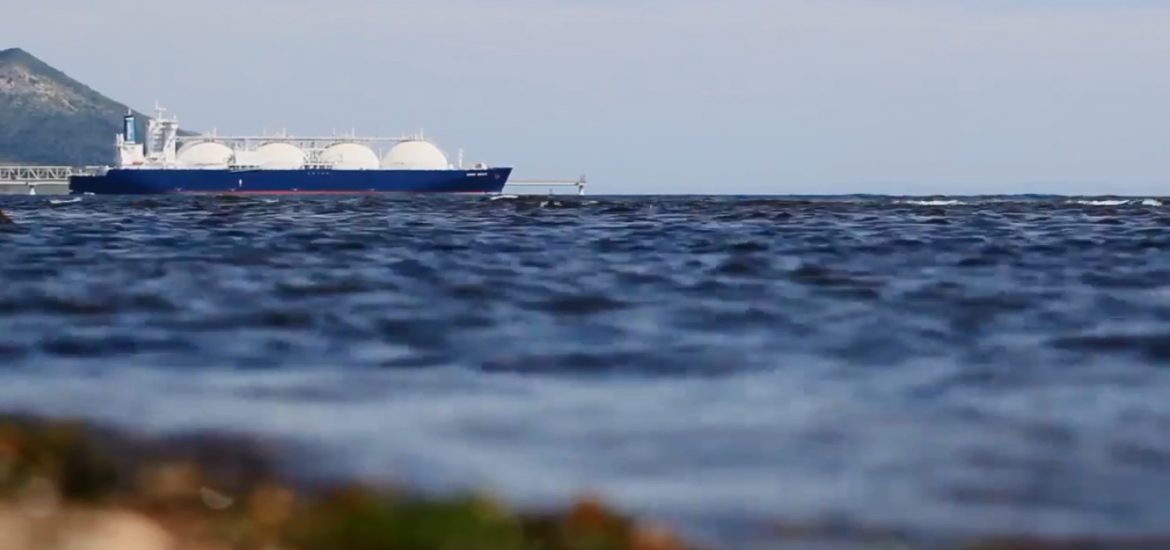
The European Union’s energy chief says he has asked Russia and Ukraine to relaunch talks over their gas pipeline to central Europe after their contract expires next year.
European Commission Vice President Maroš Šefčovič said: “I have reached out to both Ukrainian and Russian partners and invited them for trilateral talks.
“The talks… should start as soon as possible in order to take stock of the gas matters important for involved parties and to look into gas transit via Ukraine beyond 2019,” the Slovak commissioner said.
The current pipeline through Ukraine provides the war-torn country with an annual income worth 2 per cent of its GDP.
Russian President Vladimir Putin said last week that the Kremlin was ready to talk to Kiev on continued gas transits, following talks with German Chancellor Angela Merkel in Sochi on Friday.
The Brussels energy chief said: “Constructive and stable co-operation between Russia and Ukraine in the field of energy is of utmost importance for the European Union. In this context, I have always underlined the need for a continued, long-term transit of Russian gas through Ukraine to the EU in a reliable and commercially viable way.
“The talks should start as soon as possible in order to take stock of the gas matters important for involved parties and to look into gas transit via Ukraine beyond 2019,” Šefčovič said in a statement.
Nord Stream 2
UK foreign secretary Boris Johnson joined the US in condemning Germany’s “divisive” plans to construct the Nord Stream 2 gas pipeline under the Baltic Sea, arguing that it could leave Europe even more dependent on “a malign Russian state”.
In a letter to pro-Poland UK MPs, Johnson condemned the “divisiveness of this pipeline across Europe”, adding that “Euro-Atlantic unity remains our strongest tool in standing up to malign Russian activity”.
He said energy security involved reducing the ability of any single nation to exert monopoly control. The Eurosceptic former London mayor praised Brussels for making amendments to EU directives to ensure there was a level playing field between gas connectors. The change might require Germany to allow non-Russian gas to use the pipelines.
Johnson’s letter does not say Nord Stream 2 should be halted, but it did say London supported Ukraine on the issue. Ukraine and Poland have been most vocal in their opposition to the pipeline.
The 1,200km, US$11.7 billion pipeline is due to be completed next year, following the route of the existing Nord Stream 1, doubling the annual capacity to 110 billion cubic metres. Germany says it will fill a gap left by the phasing out its nuclear power stations, and the projected fall in supply from Norway and the Netherlands, as their reserves are depleted.
Nord Stream 2 is seen as a strategic challenge to Nato. Picture credit: YouTube





